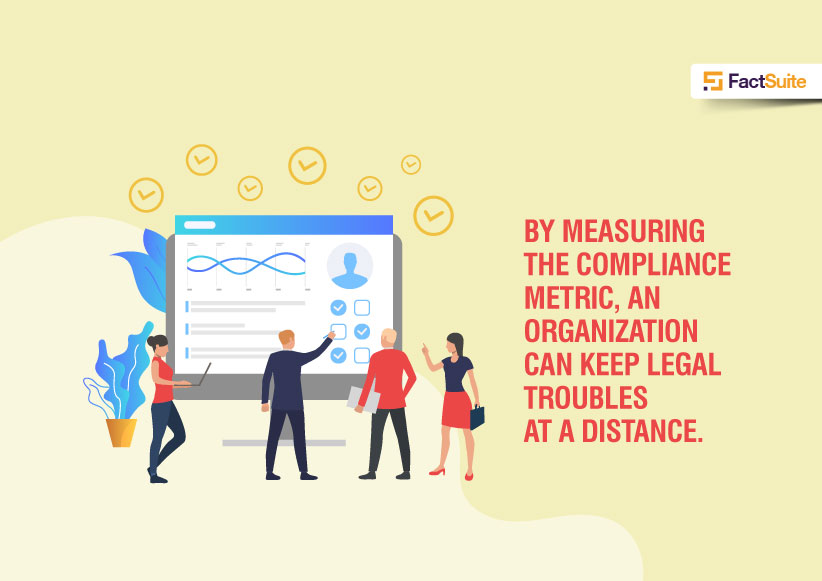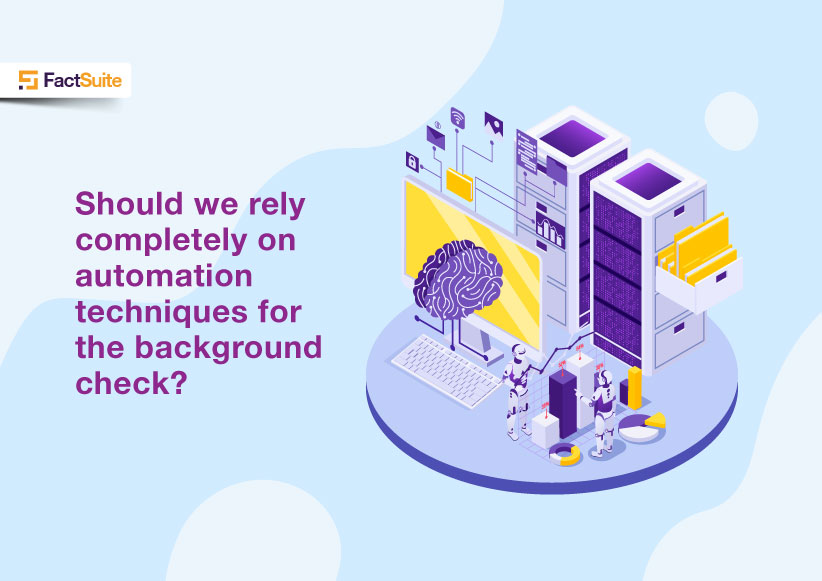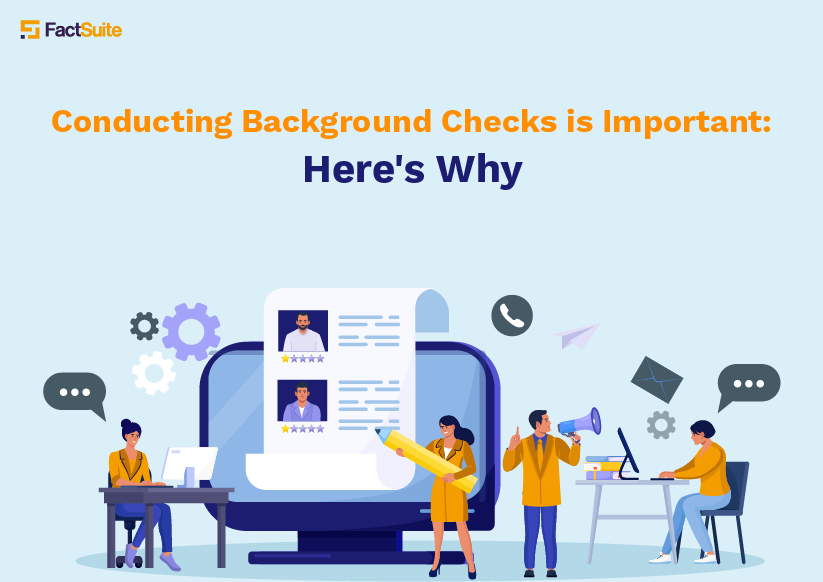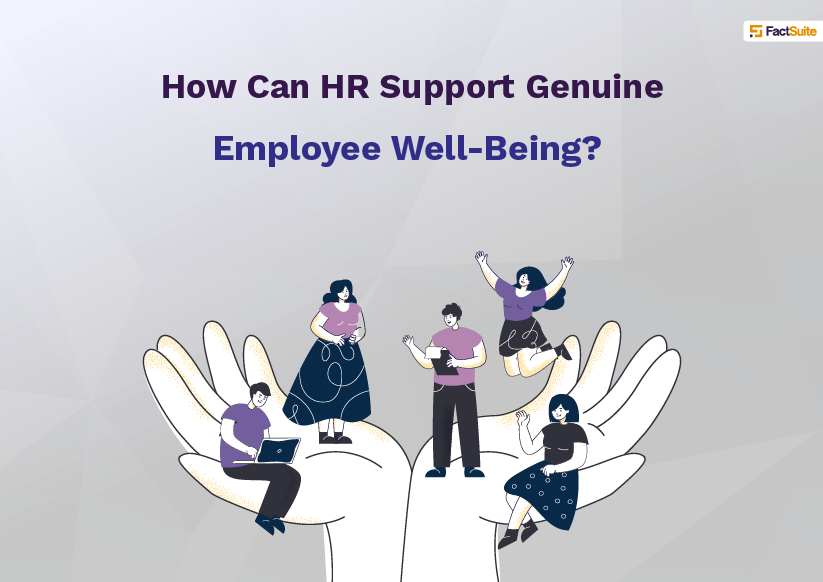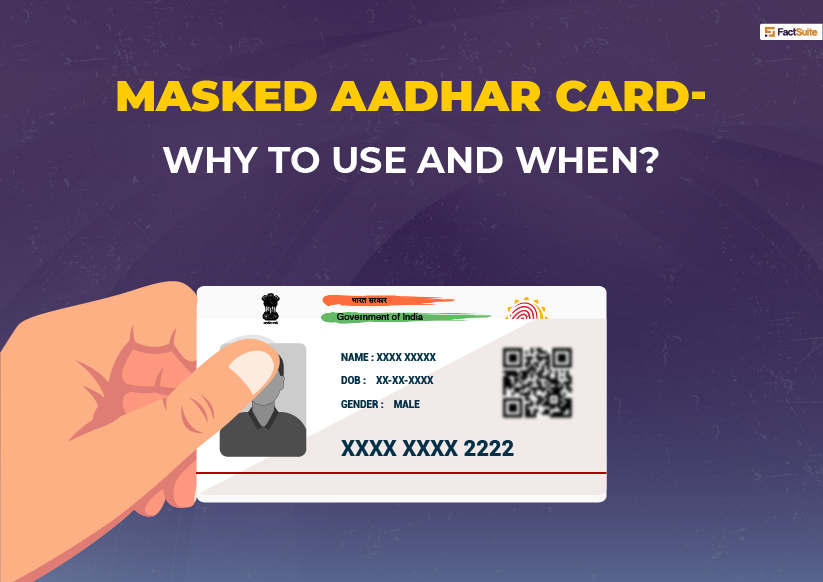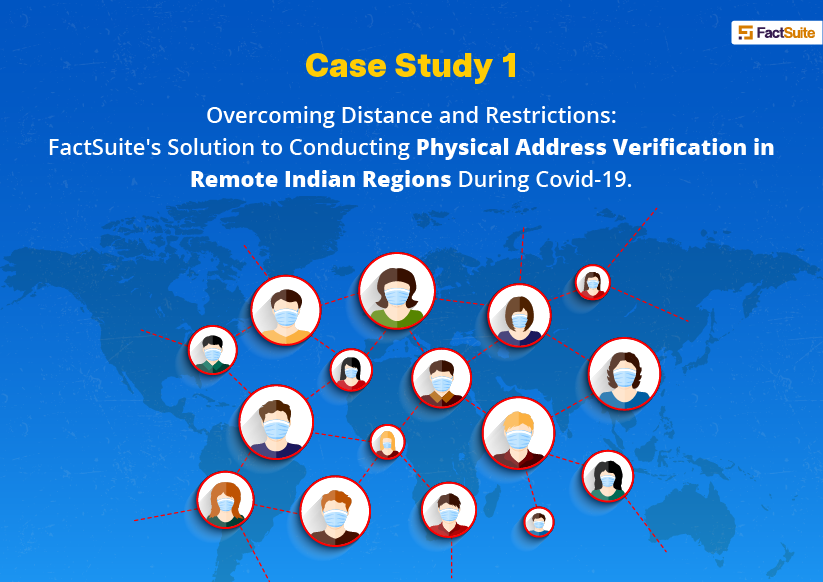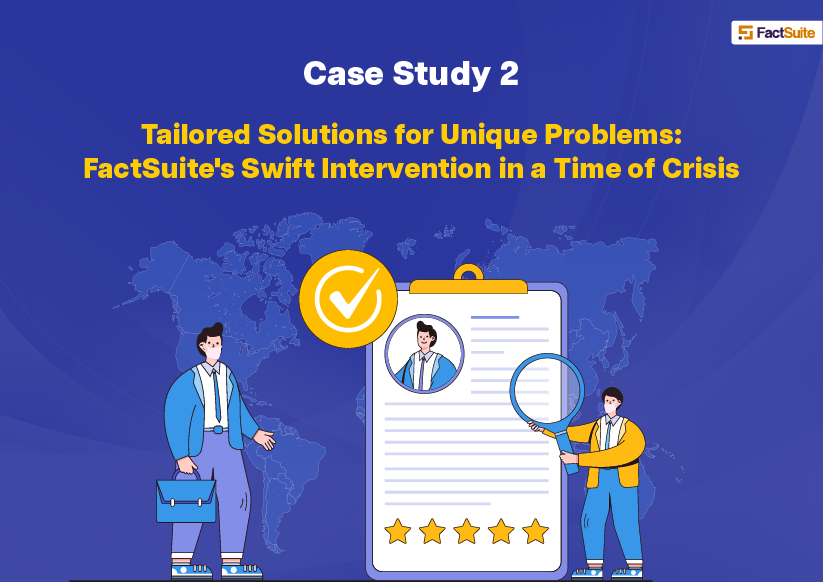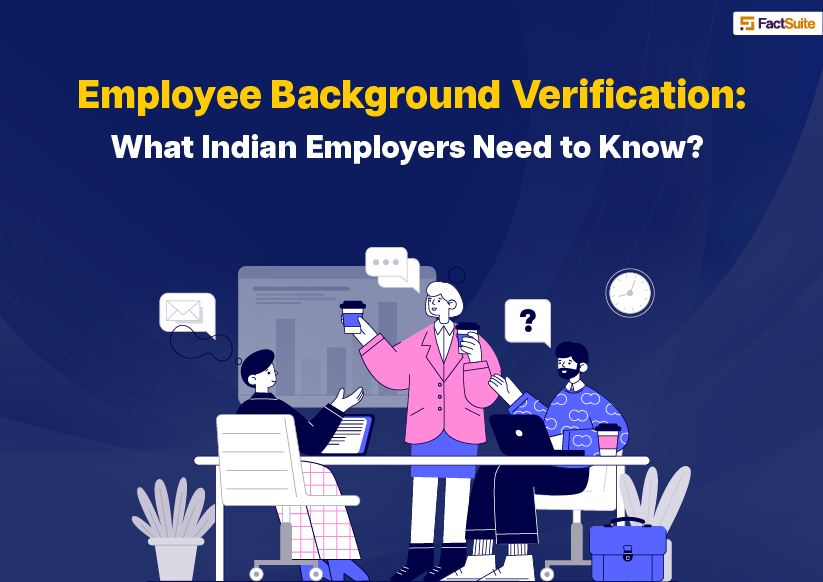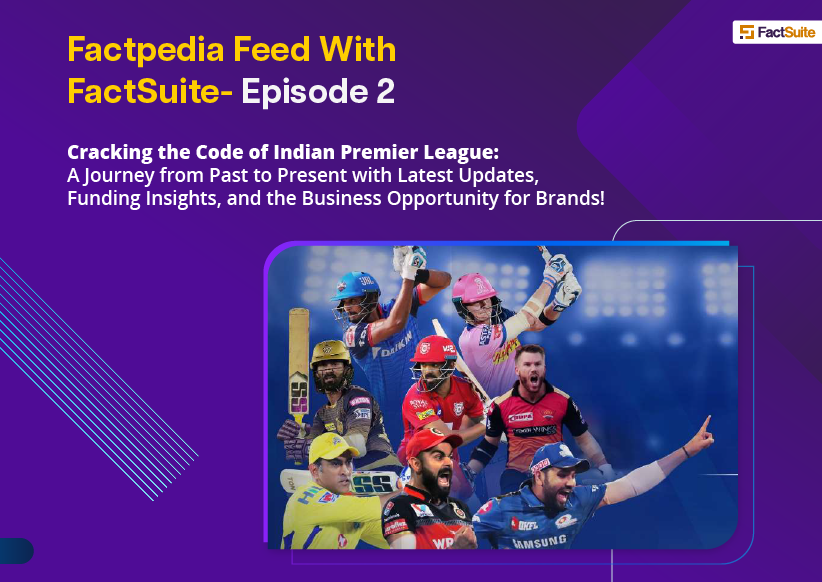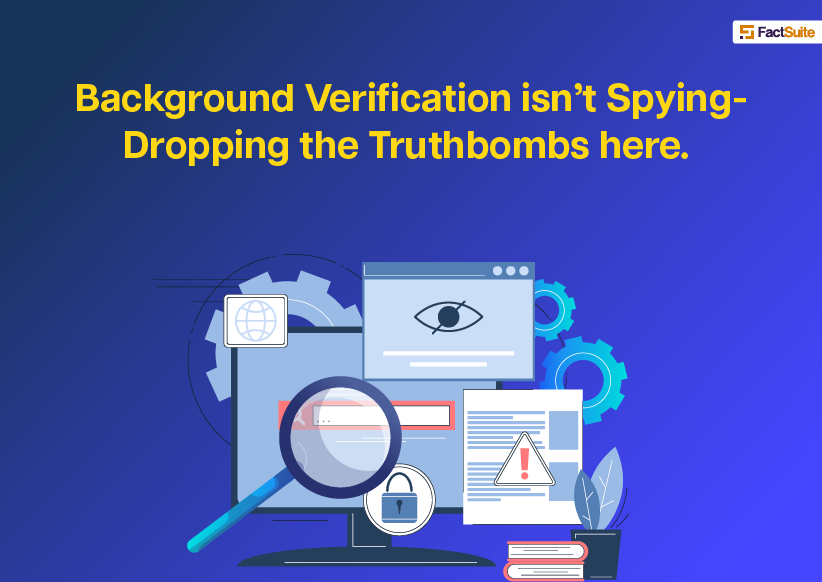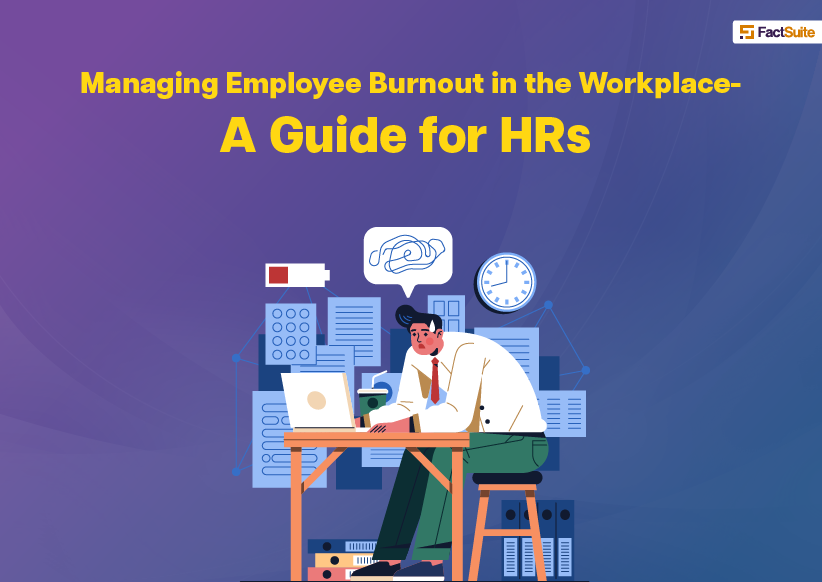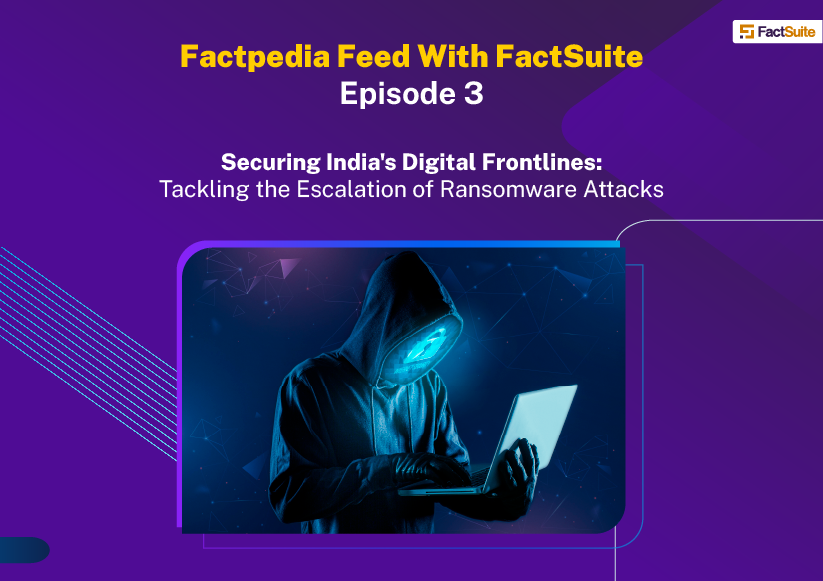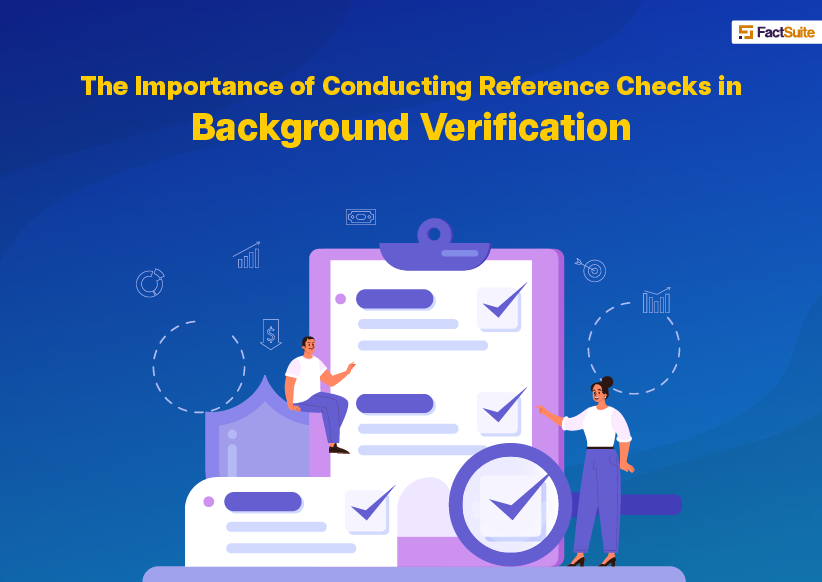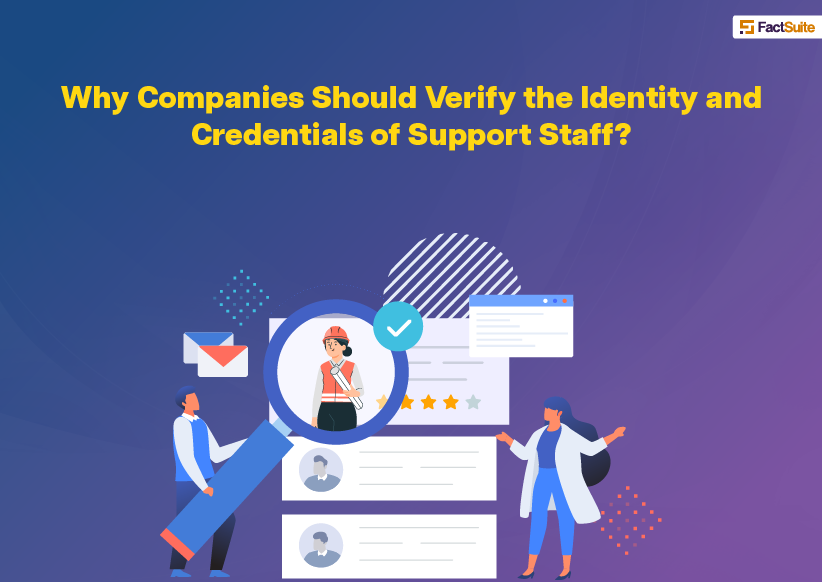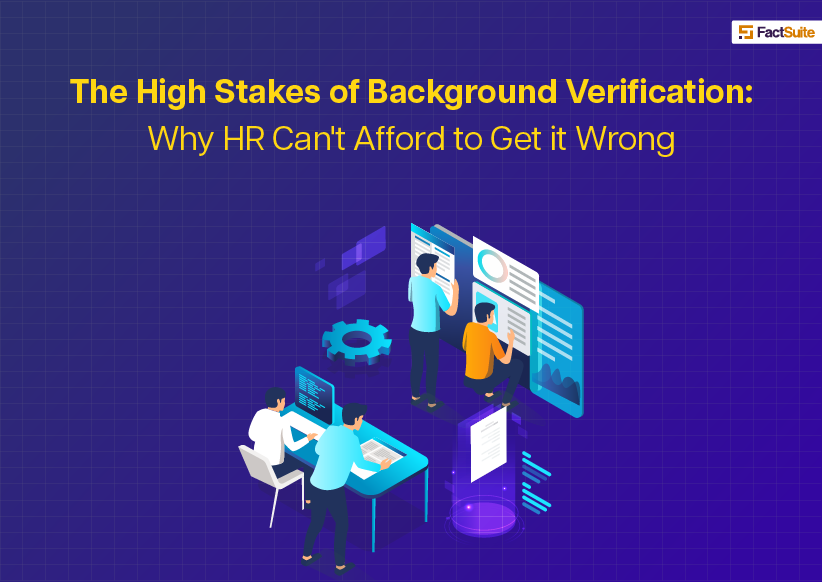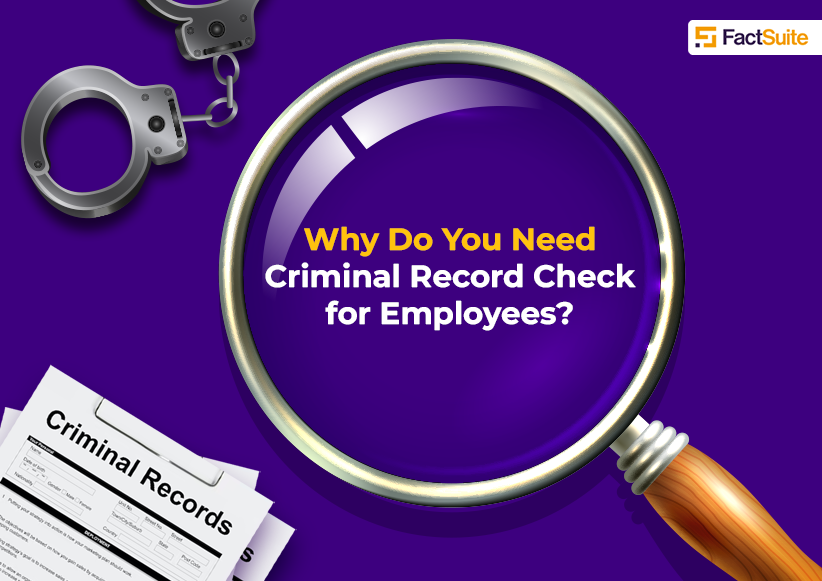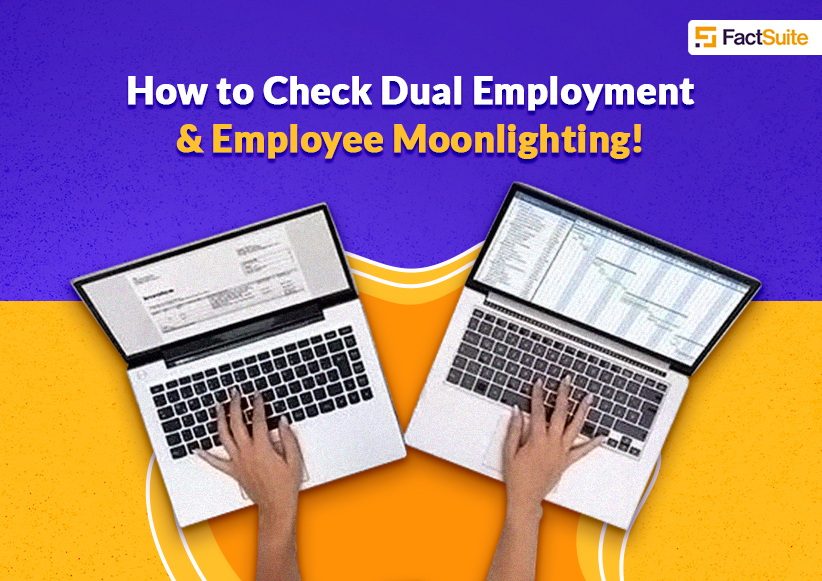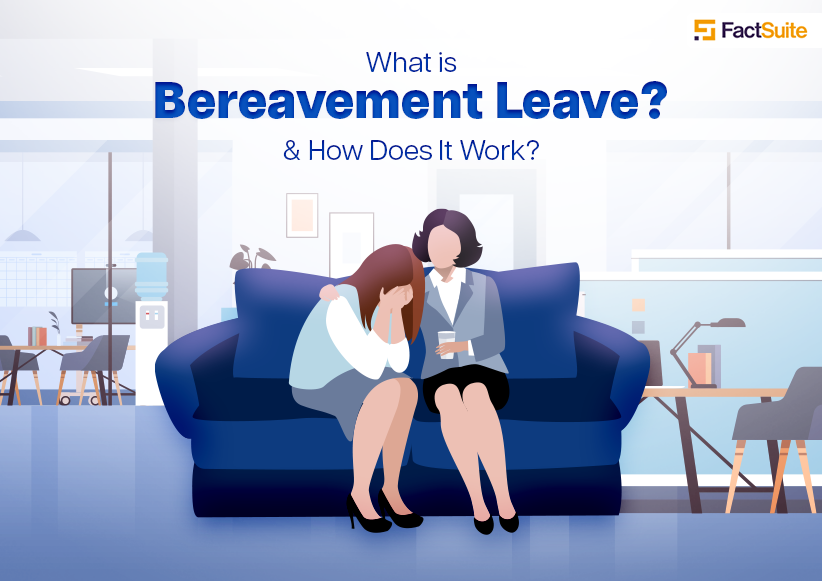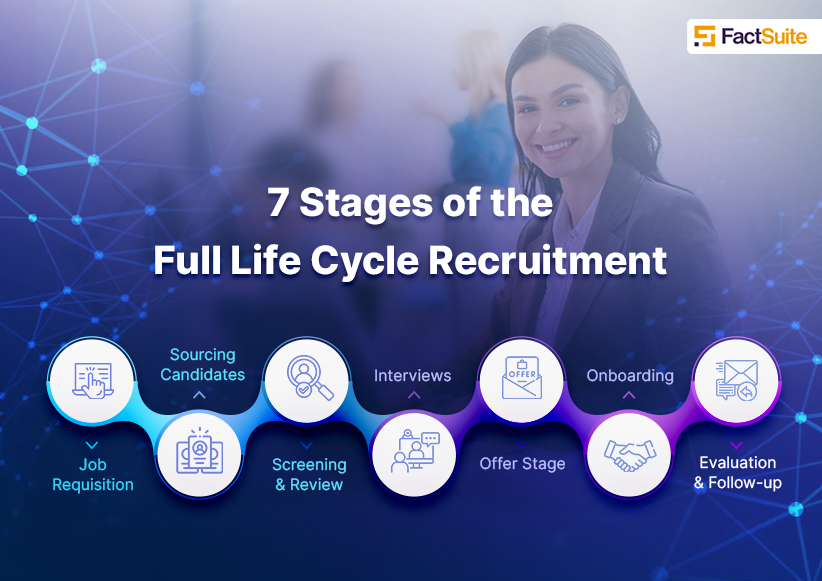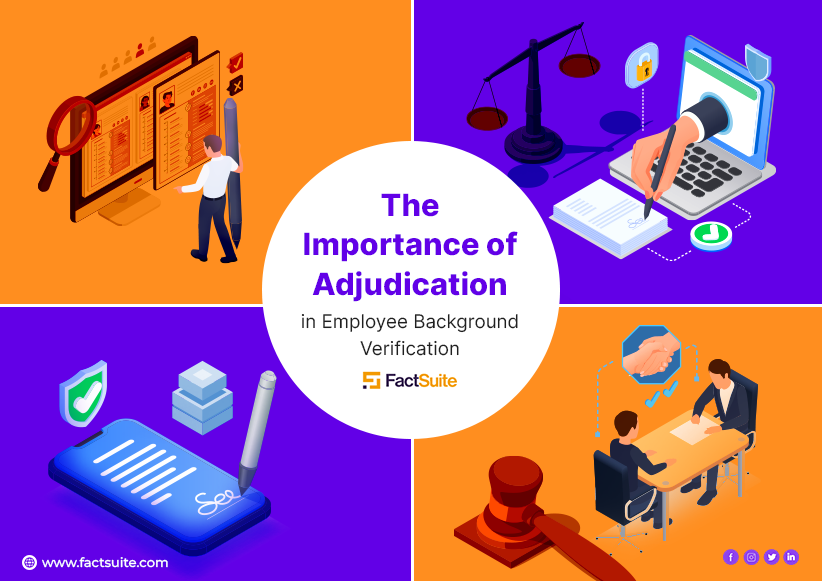Background Verification Glossary of Terms

Table of Contents
- Introduction
- Glossary of Terms
Do you get lost in technical terms when it comes to employee background verification or the background verification process? What does "adverse action" mean or how does a "consumer reporting agency" come into play in the background verification process? This blog will help you understand all of the language used in the background verification process. We will simplify important words, clarify compliance rules, and make sure you become a pro in background checks with this glossary!
Glossary of Terms
- Adverse Action: It means when an employer makes a choice regarding employment which is not beneficial for the applicant. This decision typically stems from information found during the investigation of background, and may entail actions such as not providing job offer or terminating work contract.
- Affidavit: This refers to a written statement, typically notarized and given under promise or oath. If a person intentionally gives wrong details in an affidavit, it might lead to perjury charges. In background investigations, affidavits might be used for verifying data that cannot be electronically confirmed.
- Ball/Bond Forfeiture: It is the losing of money that was given as bail or bond for a person accused but not yet found guilty in court, because they did not appear as required by law. This doesn't display guilt but rather demonstrates disrespect towards legal procedure.
- Background Check: This means to thoroughly examine and investigate the history of a person. It may include confirming details about their employment, checking education records, looking into criminal reports (as per law), and potentially reviewing financial data.
- Bad Debt: A debt that is no longer possible to collect, so the one owed can't expect to get it back. Those who lent money will consider these debts as a loss on their financial records.
- Bail: Money or some kind of precious thing you give to the court to ensure that a defendant comes for their future court meetings, which will be given back when they show up.
- Bail Forfeiture: It's when bail or bond money is not given back after a defendant fails to appear in court as instructed. This doesn't indicate guilt, yet it demonstrates disobedience to the court's command.
- Bond Forfeiture: This means that you have lost the money which was given as a security (bond). You did not fulfill your legal duty, such as appearing in court. It does not indicate if someone has been found guilty or not, but it shows they broke their agreement with law enforcement.
- Breach: Breaking or not meeting the terms of a legal contract, agreement, or duty to someone else or society.
- Blind Specimen: A urine sample that is used to check the quality of drug testing. The lab technician doesn't know where this sample comes from, making it a fair analysis during the employee background verification process- without any preconceived ideas.
- Canceled Test: A drug or alcohol test that cannot be interpreted because of an error that can't be fixed. The result shows neither positive nor negative, and you might need to provide another sample to your chosen background verification services.
- Chain of Custody: It is a written record that follows the transfer and treatment of a urine sample in drug testing, starting from the time when it gets collected until it gets discarded. This keeps the sample's truthfulness intact and stops any manipulation.
- Collection Site: A special place where an employee gives their urine sample for a drug test. The collection site must have certain qualities to make sure the right collection process is followed.
- Charge: In the domain of criminal law, it refers to an official accusation stating that someone committed a particular offense. A charge comes before a trial and does not automatically mean guilty.
- Citation: A legal document given by an officer of the law, demanding someone to come to court for answering a small offense. It is common that you must go to court even if you have bail; this does not apply with citations.
- Concurrent Sentences: Prison terms for multiple crimes that are being served simultaneously. The length of the total sentence includes all concurrent sentences, showing the accumulated duration of these sentences together.
- Conditional Release: It means letting someone out of a correctional center before they finish their full sentence. But this freedom is tied to following certain rules and restrictions, and if not followed, it can lead to being sent back again.
- Conditional Discharge: When the defendant is declared not guilty, they are released under certain rules. If these rules are followed correctly, the case will be thrown out and there won't be a criminal record.
- Confirmation Drug Test: This is another test done to confirm the existence of a particular drug that was spotted in an initial urine sample. The outcome from this test is more certain.
- Confirmation Validity Test: This is a backup test that provides more details about the initial results of a urine sample's validity test. It can check things like the concentration of urine or if there are any contaminants present.
- Verified Drug Test: A drug test that has been confirmed by a Medical Review Officer (MRO) after conducting a secondary confirmation examination.
- End-user: The person who is having a background check, like an employment candidate or an already working staff member.
- Cost-per-Hire: A human resource (HR) indicator that measures the complete cost linked with finding and bringing in a fresh worker. It encompasses expenses such as advertising, checks on background history, and education.
- Credit Check: It is known as a credit inquiry or credit search. This means that a lender or another company views your credit report (along with other bgv documents) to evaluate your financial history and ability to handle debt.
- Dead Docket: Non-conviction where there's insufficient evidence to prove guilt or innocence.
- Deferred Adjudication/Judgment: Non-conviction where charges are dismissed upon completion of court-ordered actions.
- Default Judgment:
1. When a person or entity being accused (defendant) does not reply to the action of plaintiff or show up at trial/hearing.
2. Judgment given without the defendant being heard in his own defense. - Dilute Specimen: A urine sample with abnormally low creatinine and specific gravity levels.
- Dismissed: A case that has been dismissed by the court without a conviction (it might still show up on record).
- Disposition: The court's final decision in a case.
- Disagreement: The right of a consumer to question the truthfulness of details in a background check report or the conclusions made from candidate's bgv documents.
- DUI: Driving under influence.
- DWI: Driving While Intoxicated.The precise percentage of blood alcohol that signifies a person is legally assumed to be under the impact of intoxicating liquor, this is determined by the laws set by each state.
- DWLS: Driving while license suspended.
- Eviction: It implies the act of removing a person from land by enforcing paramount title via legal procedures.
- Evidence: Any sort of proof, matter that can be used as evidence or legally shown in a trial for solving some problem. It is brought forward through the action of involved parties and by means like witnesses, records, papers/exhibits/objects etc., all with aim to create belief within minds of the court or jury about their point they are trying to make clear (Cornell Law School).
- Ignored: Non-conviction where a case is not pursued by the state.
- Indictment: A formal accusation initiating criminal proceedings, usually for serious crimes.
- Insufficiency: This refers to the incompleteness or lack of thoroughness in the background check. It essentially means that the check does not gather sufficient information or verify it adequately enough to make a fully informed decision about hiring.
- Inconsistency: It means that background checks are not conducted uniformly for all applicants. Inconsistency can result in unequal hiring procedures and legal difficulties.
- Encroachment: It means when the procedure of checking background crosses over an employee's rights or private matters.
- Management Reports: Reports summarizing pre-screening activity.
- Medical Review Officer (MRO): A doctor with a license who examines laboratory outcomes of company drug-testing initiatives.
- Program of Misdemeanor Intervention: A program where the accused can evade a conviction if they fulfill certain conditions.
- No-Papered: Not-conviction, when there are no charges because the prosecutor hasn't provided paperwork.
- Prayer for Judgment (NC only): This is a plea that makes it possible to receive a guilty verdict without having this recorded officially.
- Rejected: Non-conviction where a case is not heard by the court.
- No Conviction: It refers to a situation where the defendant doesn't receive guilty verdict but still needs to pay fines or fees.
- Stet docket: This is the situation when a case does not result in conviction and it's not prosecuted, but still can be reopened in future.
- Stricken Off Docket: When a case is removed from the court's list but may be put back on later.
- Dismissed: Non-conviction where a case is closed permanently and cannot be reopened.
- Substituted Specimen: A urine sample tampered with to appear diluted and avoid detection.
- Time-to-Hire: The period required for filling a vacancy starting from the moment when it was posted as an available job to the first day of work for a new employee.
- True Bill: A grand jury's written decision indicating sufficient evidence for an indictment.
- Verified Test: Drug or validity test results confirmed by a certified lab.
- Waived: Conviction where a defendant waives their right to trial and pleads guilty.
- XML: Extensible Markup Language, it is a way to format data that can be used for swapping information between computer systems. HR-XML is one type of XML.
- YTB (Year to Ban): It refers to the time when an employer can prevent a job seeker from being employed again after taking a negative action.
- Zero Compromise Policy: A company rule that has severe results for any infractions, such as not passing a drug examination.

